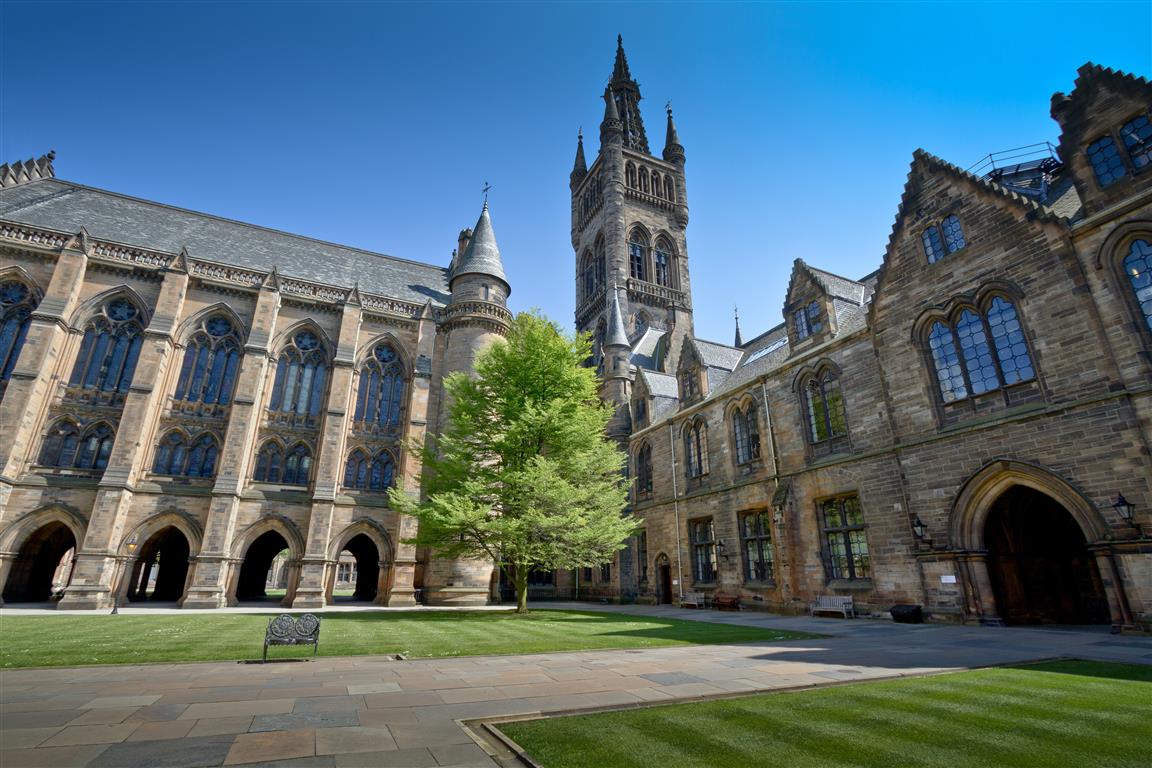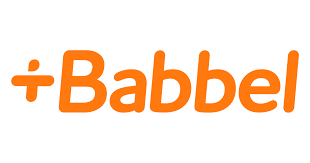What you need to know about the Scottish education system

If you're thinking of moving to Scotland, there are lots of things you need to know about. One of them is the country's education system. Like most countries, it's going to have a different structure to the one you're used to. Whether you're moving with children and need to get them into school, or are looking to attend further education in Scotland, you'll need to understand their system first. Here's everything that you need to know.
Schooling for ages 3 – 16
If you have a child within this age bracket, then you'll be looking to enrol them in school as soon as you move to Scotland. Here, where you place them will depend on their age. Wherever you do so, their education centres will usually be known as 'schools'.
Nursery
This is where education starts at age 3, for all children living in Scotland. However, if you want to enrol your child earlier, you can place them in a private nursery as they generally accept younger children.
This will give your child the head start they need when it comes to learning. Each child will be eligible for up to 1,140 hours of nursery education a year, paid for by the state. This has seen a big increase in the last year, as the hours were increased from 600 per year in 2020.
Primary school
Primary schooling is for children aged 5 and 12. A child will attend for around seven years, depending on when their birthday falls in the year.
Secondary school
This is for children aged 12 and 18. Again, a child will attend for around six years dependent on their birthday.
Scotland's Curriculum
All schools in Scotland are required to follow the Curriculum for Excellence, also known as the CfE. This is a broad spectrum of education, for all children up until the end of S3, which is the third year in secondary school.
The curriculum has been devised to cover four essential areas:
- Successful learners
- Confident individuals
- Responsible citizens
- Effective contributors
By covering these four areas, children should leave school with all the tools needed for later life. The curriculum places emphasis on inter disciplinary learning, skills development, and encouraging personal achievement.
Private Schooling
All of the above schooling will be covered in state run schools. If you so choose, you can place your child in a private school instead. There's a wide range of private, independent, or boarding schools that you can choose from.
These will all be fee paying schools, so there's added costs involved in your child's schooling. There are advantages too, so you can weigh the benefits before you move to Scotland and see what they have to offer.
Further Education
In Scotland, children are required to attend school until the age of 16. At that point, they have the option to take on further education.
Tuition
Now, before we discuss college and university, it’s important to know about Scotland’s take on tuition. Consider the following scenarios, according to Study.eu:
- For students who were born and raised in Scotland – the “home” students – they are required to pay 1,820 GBP (but almost always covered by the Student Awards Agency for Scotland - SAAS) as undergraduates, and between 5,000 and 15,000 GBP as postgraduates.
- For Rest of UK (RUK) students, they usually pay 9,250 GBP for the first three years of undergraduate school, while postgrads pay between 5,000 and 15,000 GBP.
- For international students (non-UK), they are required to pay between 10,000 and 26,000 GBP for undergraduate school, while postgrads pay between 15,000 and 30,000 GBP.
Just to put this into more perspective, let’s say you’ve come from the UK to go to school in Scotland. As you can read on EasyExpat.com, UK students have to pay higher tuition fees than “home” students if they’re attending the first three years of undergraduate school. However, UK students will pay the same as “home” students when they attend postgrad school. While before 2021, students from European Union countries were assimilated to "home students", due to Brexit, the Scottish government had to end this exception and now all non-UK students are treated as international students (you will find more details in the article about tuition fees for EU students in the UK post-Brexit published on EasyExpat.com)
Now, for private schools, according to The Scotsman, it will cost a student an average of £29,925 an academic year (a year being three terms). As for room and board, students are looking at £36,495 per academic year. Examples of private schools in Scotland include the following:
- Fettes College
- Tuition: £29,925
- Room and Board: £36,495
- Glenalmond College
- Tuition £24,000
- Room and Board: £36,900
- Merchiston Castle
- Tuition: £25,530
- Room and Board: £35,190
…just to name a few.
Now that tuition fees have been discussed, we can now talk about college and university.
College
Colleges are distinct from universities, and are open to those aged 16 and up. They cover a wide range of courses, from fast-track degree entry courses to vocational studies. Some schools will offer college level courses to students aged 16 and over, so that's something to consider if you're looking to place your child in a secondary school.
Some colleges will work with local employers, training students to work with their businesses.
Each year, students will need to complete a certified qualification,. So each year they study they'll have a certificate to show what they've learned. Students can complete one year programs, which are Higher National Certificates, or multiple year programs, which are Higher National Diplomas.
While colleges are open to those aged 16 and up, anyone in that age group can attend, and they don't need to come directly from school to do so.
Universities
Universities are the next step in further education for students who want to study academic subjects. There are vocational studies available to, so be sure to search Scottish universities for courses that you may want to undertake.
Studies here will take four years, and the qualification is earned only at the end of that period. At this point, students are required to be responsible for their own learning, which encourages them to be more independent overall.
Scottish universities have gained a real reputation in areas of medical research, life sciences, biotechnology, and environmental sciences. If these are areas you want to study in, doing so in Scotland will open a lot of doors for you.
As you can see, there's a wide range of choice when it comes to education in Scotland. Younger children are schooled holistically thanks to an inclusive curriculum. Older learners have the chance to study both vocational and academic courses through colleges and universities. Now you have all the information at hand, you can make the right choice when it comes to your education in Scotland.
About the author
Emily Henry is an education writer for Cheap Essay. She has a Scottish husband, so has quickly become an expert on the Scottish schooling system.
- My Life Abroad -
A selection of expat stories

"A fun compulsive read!"
J. Matcham, Amazon
"I strongly advise people ready to live abroad to read this book!"
Patrice, Amazon

 French International Schools in the UK
French International Schools in the UK  International Schools in the United Kingdom
International Schools in the United Kingdom Private Tuition: A Priority Among Expat Families for Their Children
Private Tuition: A Priority Among Expat Families for Their Children Babbel
Babbel Embassies and Consulates in United Kingdom
Embassies and Consulates in United Kingdom